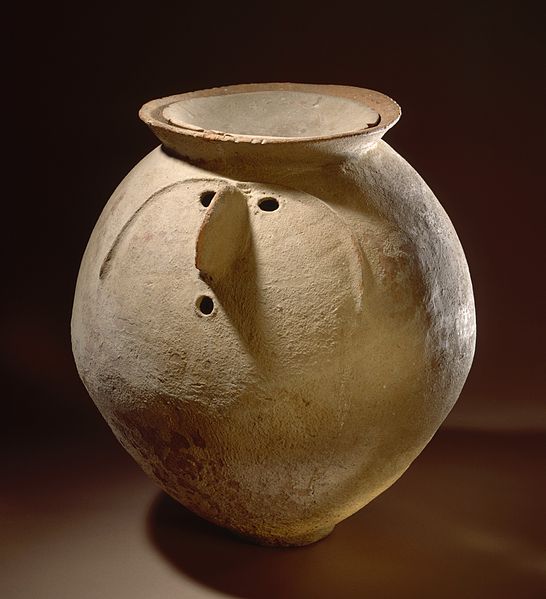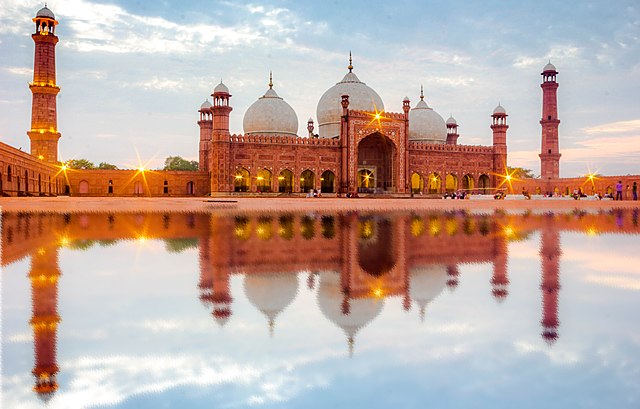The Pakistan Movement was a nationalist and political movement in the first half of the 20th century that aimed for the creation of Pakistan from the Muslim-majority areas of British India. It was connected to the perceived need for self-determination for Muslims under British rule at the time. Muhammad Ali Jinnah, a barrister and politician led this movement after the Lahore Resolution was passed by All-India Muslim League on the 23 March 1940 and Ashraf Ali Thanwi as a religious scholar supported it.
Minar-e-Pakistan, where the bill of Lahore Resolution was passed on 23 March 1940
The Battle of Miani during the conquest of Sindh
Sir David Baird discovering the body of Tipu Sultan
Sir Syed Ahmad Khan became an inspiration for the Pakistan Movement.
Pakistan, officially the Islamic Republic of Pakistan, is a country in South Asia. It is the fifth-most populous country, with a population of over 241.5 million, having the second-largest Muslim population as of 2023. Islamabad is the nation's capital, while Karachi is its largest city and financial centre. Pakistan is the 33rd-largest country by area and the ninth-largest in Asia. Bounded by the Arabian Sea on the south, the Gulf of Oman on the southwest, and the Sir Creek on the southeast, it shares land borders with India to the east; Afghanistan to the west; Iran to the southwest; and China to the northeast. It shares a maritime border with Oman in the Gulf of Oman, and is separated from Tajikistan in the northwest by Afghanistan's narrow Wakhan Corridor.
Priest-King from Mohenjo-daro (c. 2500 BCE)
Cremation urn, Gandhara grave culture, Swat Valley, c. 1200 BCE
Standing Buddha from Gandhara (1st–2nd century CE)
Badshahi Mosque, Lahore








